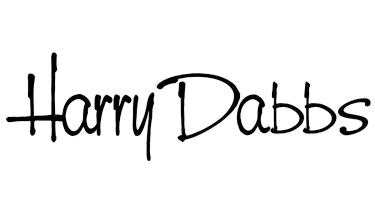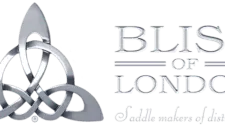When you talk to yourself, do you tell yourself that you are heading for success? Or do you tell yourself that you are failing?
Oh, I can tell it’s not going to go well today. He already has that look!”
“I always get nervous when people are watching me, and I know that I am going to get nervous today.”
“I’ve had three good rides in a row and that doesn’t normally happen. I bet you today’s is going to be a really bad ride.”
If you are quietly putting your hand up right now, saying, “yes that’s me,” I want you to know that you are not alone and quickly add that it’s a good time for a mindset change!
Predicting your rides is okay as long as you predict the ride you want to have, rather than the ride you expect to have. This is because your thought patterns will influence how you prepare your ride and this, in turn, will affect the outcome.
If you predict a bad ride after three good rides you will actually do whatever it takes to prove yourself right, because no one wants to be wrong!
You might not even notice, but you might, for example,
- change your routine
- change your warmup
- expect a lot more of your horse than you know you should
If you expect a good ride you will set yourself up for a good ride, and if you expect a bad ride you will set yourself up for a bad ride.
It is important to think about this. So many riders sabotage themselves without realizing that they are doing it.
If you think you might have developed the habit of setting yourself up to fail, here are some strategies you can take to change that.
Take some time to think and write down what it is that you want to get out of your relationship with your horse.
You might come up with things like:
- I want to improve my competition results
- I want to strengthen my connection with my horse
- I want to feel safe and enjoy my rides
Your preparation starts with keeping your end goal in mind.
If your aim is to improve your competition results, sit down and develop a detailed training plan.
Your plan should include recognizing the strengths and weaknesses of both, you and your horse, so you can address and improve on the weaknesses while developing the strengths.
Remember that a ride should not be judged on achieving perfection (perfection does not exist), but rather on developing the foundations and progressively building on them.
If you want to strengthen your connection with your horse, start with grounding yourself so you can be in the moment with him or her. Addressing and letting go of the stress in your everyday life before you go near your horse can make a big difference.
Connection is achieved on the ground first before it is taken into the saddle. So, on some days you might choose to just do groundwork instead of riding. Let your horse be your mirror and listen to what they have to say.
If you want to be safe and enjoy your rides, make sure you ride consistently. It is a big ask to expect the horse to be quiet and predictable when he hasn’t been touched for a week or more. Know what your horse is comfortable with and stay within your comfort zone rather than leaping out of it.
Most of our habits, behaviours and actions are unconscious. It is important to bring them back into your consciousness so you can evaluate which habits are good ones and give you what you want, and which habits are self-sabotages and take you further away from what you want. Be honest to yourself when you sit down and think about it.
SOURCE: HORSES & PEOPLE




